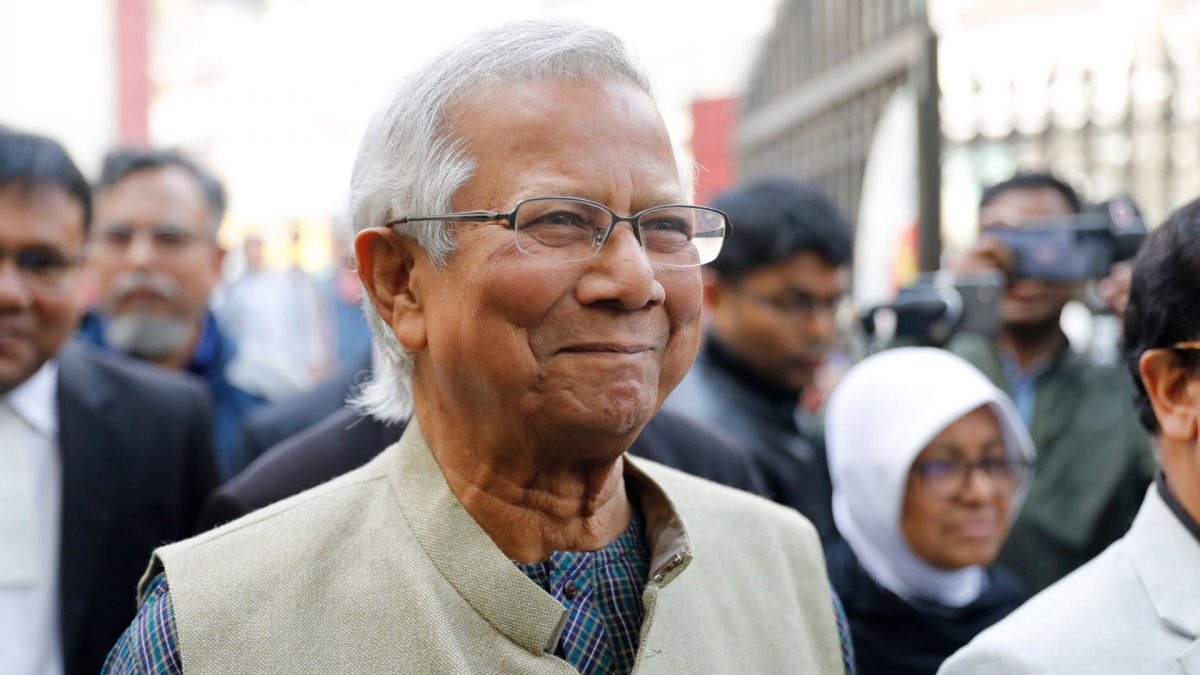Bangladesh Chief Adviser Muhammad Yunus is expected to visit China from March 26 to 29 to attend the Boao Forum for Asia (BFA) Annual Conference and hold a bilateral meeting with Chinese President Xi Jinping.
“We are preparing for the chief adviser’s visit and exploring possible areas of cooperation, including the potential signing of bilateral agreements,” a diplomatic source in Dhaka told The Daily Star on Sunday.
The BFA conference, often referred to as the “Asian Davos,” takes place in Boao, located in China’s southern Hainan province. Prof Yunus received an invitation from BFA Secretary General Zhang Jun and will travel to Hainan on the evening of March 26 on a special flight arranged by Chinese authorities.
“Last week, the Chinese embassy in Dhaka confirmed to the foreign ministry that the meeting with President Xi was scheduled. Following this, the chief adviser confirmed his participation,” a foreign ministry official said.
Meanwhile, New Delhi is closely monitoring Dhaka’s growing engagement with China and Pakistan, particularly after the fall of Prime Minister Sheikh Hasina’s government in August 2024.
During Hasina’s tenure, China had limited success in expanding its influence in Bangladesh, as her government remained cautious of India’s security concerns. However, the interim administration under Prof Yunus, which took charge following Hasina’s ousting after a significant student-led uprising, has shifted diplomatic dynamics.
China has maintained strong trade ties with Bangladesh, which deepened under Hasina’s leadership. A pivotal moment came with President Xi’s visit to Dhaka in 2016, coinciding with Bangladesh’s entry into China’s Belt and Road Initiative (BRI). This development solidified Beijing’s position as Dhaka’s largest trading partner and investor, while Bangladesh was designated as China’s “all-weather friend.”
Impact Shorts
More ShortsBeijing’s strategic interests in Bangladesh span both economic and defence sectors. China is keen to revive stalled BRI projects initiated during Hasina’s administration and expand its presence in Bangladesh, countering New Delhi’s influence. This includes Beijing’s interest in the Teesta River project and its recent pledge to build “friendship hospitals” in China for Bangladeshi patients.


)

)
)
)
)
)
)
)
)



